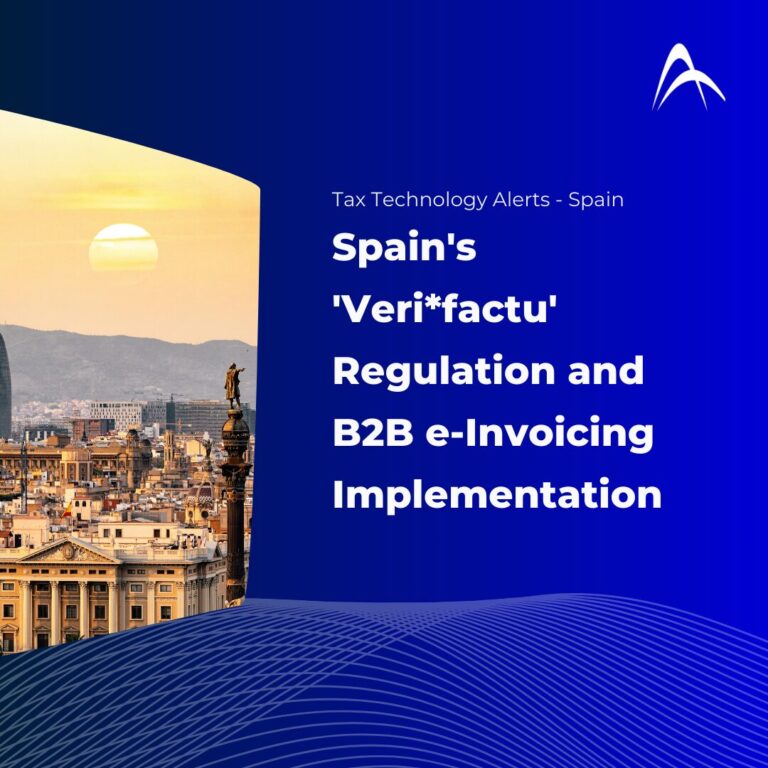Type: Legislation
E-invoicing is being gradually implemented in Poland in three phases: testing, voluntary, and mandatory. By July 2024, B2B e-invoicing will be required for all VAT-registered taxpayers in Poland, including for transactions across communities and internationally.
Taxpayers that take part in the optional phase will benefit from faster VAT refunds, easier invoice correction, simplified tax and reporting requirements. XML is the mandatory electronic invoicing format, and the tax authority assigns the KSeF number for validation. Digital signatures, trustworthy signatures, digital seals, and authorization tokens can all be used for authentication.
The KSeF will not cover consumer invoices (B2C), however, cash register invoices may continue to be issued in their existing format through December 31, 2024. A reference KSeF invoice number is required on corrected invoices.
Effective date: July 2024



